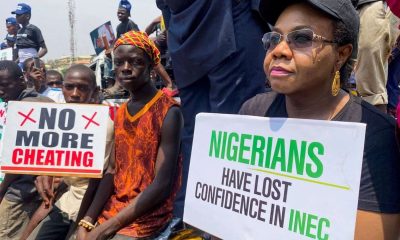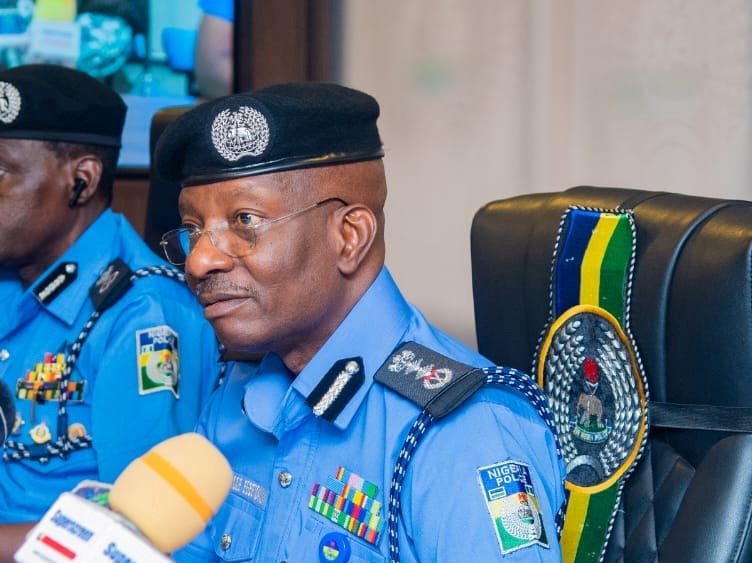A senior Divisional Police Officer (DPO) of the Nigeria Police has exposed a severe funding crisis and corruption within the Nigerian Police Force, revealing that many divisional offices operate on an insufficient quarterly budget of just N15,000 to N30,000, forcing officers to resort to corrupt practices.
According to the DPO who craved anonymity, several police divisions across the country receive no budget allocations, making it nearly impossible to sustain operations without relying on unofficial payments, including bail money.
The officer highlighted that many divisions were established to bring policing closer to the grassroots but are not recognized in the national budget by Force Headquarters.
“It’s impossible to eliminate corruption when you’re given only N15,000 every three months to run an entire division,” the officer explained, outlining how officers depend on bribes to fund basic operations such as fuel, vehicle maintenance, and feeding detainees.
READ ALSO: HURIWA urges DSS, Police to halt attacks on media, constitutional freedoms
He pointed out that high-level claims that “bail is free” mock the public since police stations are left with no other way to function.
The DPO provided a breakdown of how underfunding cripples operations: “Imagine trying to run a division with four patrol vans for three months with just N15,000—it’s unrealistic. That’s why officers ask for unofficial payments from complainants and suspects to cover basic needs.”
The DPO called on the National Assembly to investigate police budget allocations and urged a systemic overhaul of the force.
He stressed that without proper funding and genuine reform, corruption would continue to thrive, undermining the nation’s future.
Efforts to obtain a response from the Force Headquarters regarding these claims were unsuccessful as of the time of reporting.
Despite the challenges, the DPO expressed hope that meaningful reform is possible if key stakeholders—including the media, civil society groups, parliament, judiciary, and the presidency—collaborate to address corruption at the highest levels of the police command.

 Health1 week ago
Health1 week ago
 Business1 week ago
Business1 week ago
 Latest1 week ago
Latest1 week ago
 Latest1 week ago
Latest1 week ago
 Health6 days ago
Health6 days ago
 Football7 days ago
Football7 days ago
 Crime7 days ago
Crime7 days ago
 Latest1 week ago
Latest1 week ago

